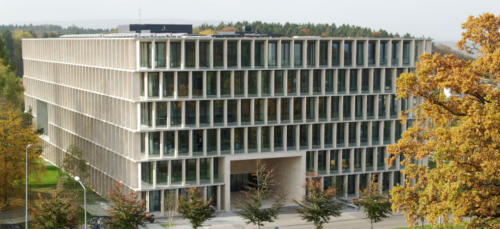
- This event has passed.
Geophysical habitability of Earth-like planets
09/06/2016 @ 14:00 - 15:00
Event Navigation

ETH Zürich Astronomy, 09.06.2016, 14:00, HIT J 43.1, Prof. Stephen J. Mojzsis, University of Colorado at Boulder, USA (http://isotope.colorado.edu/~mojzsis/)
What makes an Earth-like planet geophysically habitable? The chemical makeup of a planet is as important to its habitable potential as its proximity to the “habitable zone”. Planetary elemental abundances govern mantle processes, and thus the nature of crust, atmosphere and hydrosphere. For example, without plate tectonics dictated by internal heat and mineral composition (translated into rheology), and liquid water, a sustained carbon cycle is unlikely. To better understand geophysical habitability, we must understand how differences in planet compositions arise and lead to different evolutionary tracks. Discoveries of rocky worlds around other stars have inspired diverse ideas about plausible structures and tectonic regimes that bear on habitability. Such studies are severely hampered, however, by inexact assumptions about radiogenic heat production and cosmochemically plausible inventories of rock-forming elements. I will discuss how Galactic Chemical Evolution (GCE) models of star (and planet) age and composition yield different effects on geodynamical regimes that may dictate whether or not a world becomes “habitable”.


